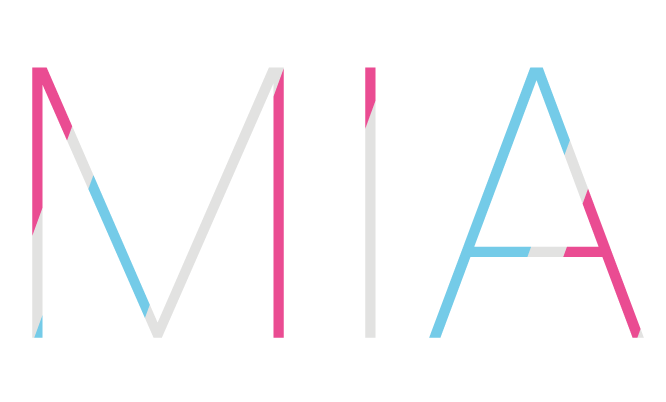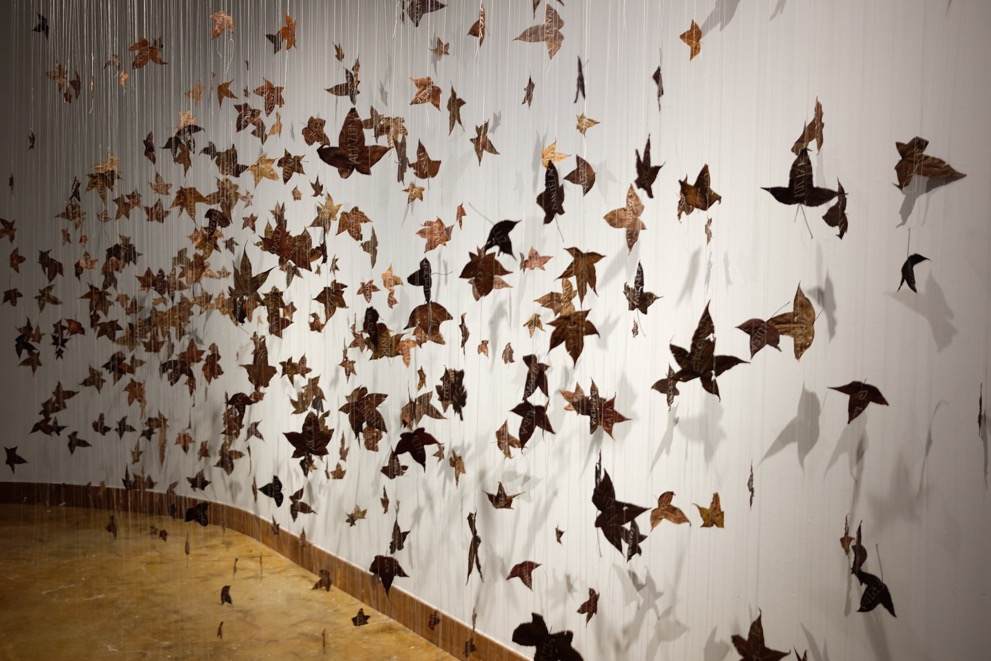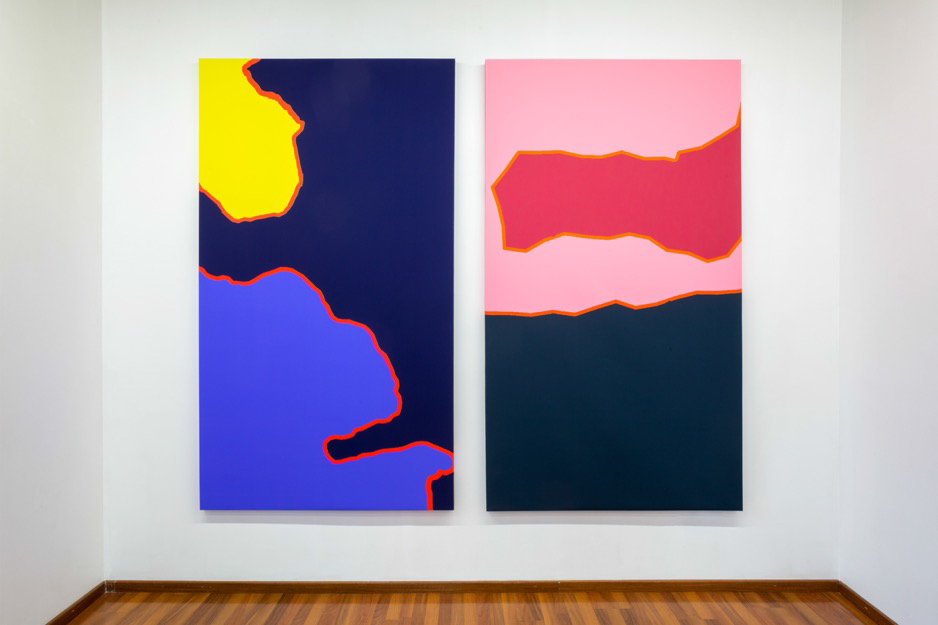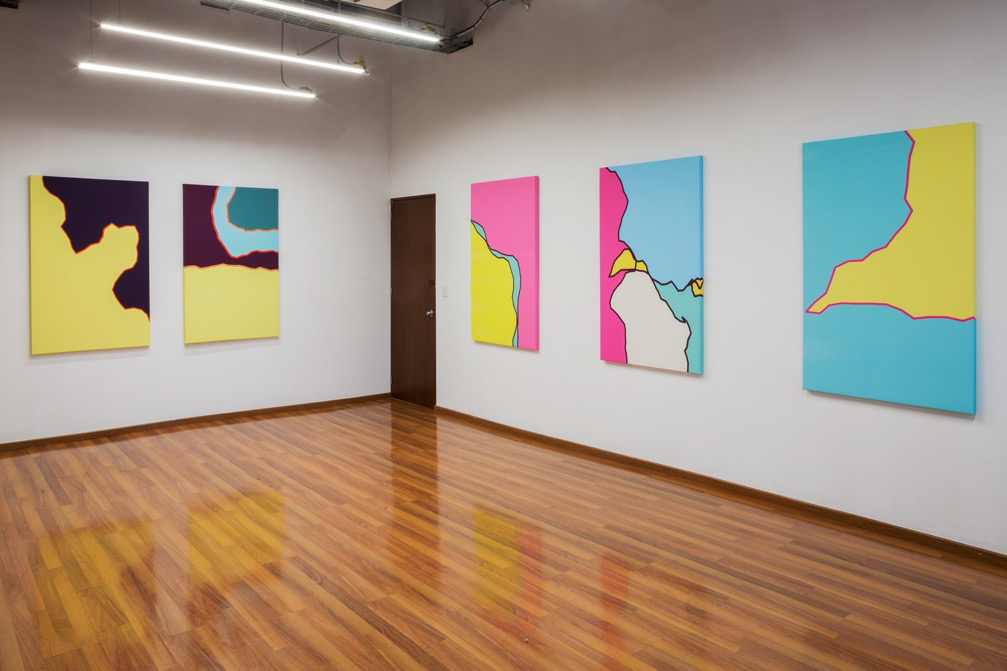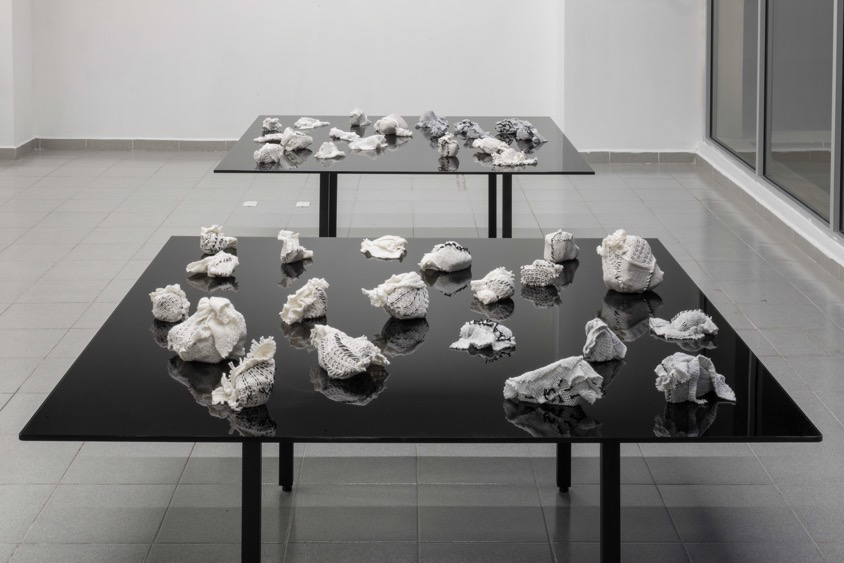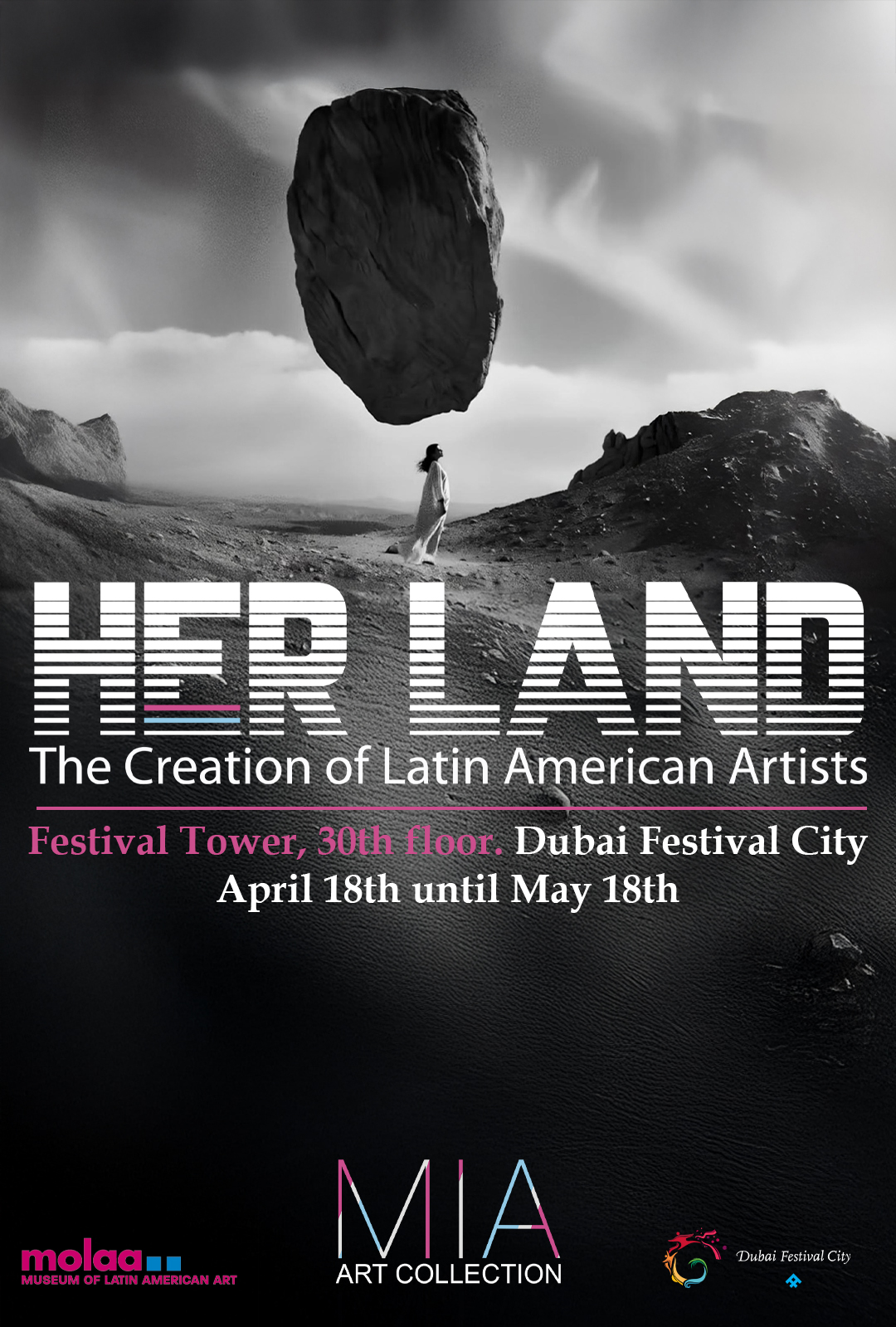Elvira is an artist trained as an art historian and photographer. She is currently a multidisciplinary artist exploring sculpture, painting, drawing, installation,photography and video. She uses everyday materials, specifically objects of domestic use, as well as found objects such as tree leaves and stones. She also uses delicate objects like lace, but combines them with materials that are mainly used by men, creating both a tension between them, and also a harmonious fusion.

Smeke’s critical route in her work hinges on a feminist philosophy, with an important influence from Simone de Beauvoir, Hélène Cixous and the gender issues posed by Judith Butler. In addition, she reaches into literature, the use of language and writing. Her work also has an ecological facet from the point of view of the Anthropocene theory.
Smeke analyzes what it means to be a woman in our contemporary era, evoking ideologies and tasks imposed on women throughout history, but recapturing them from the perspective of the joy of being a woman. Her work touches on the problematic of feminicide and the suffering of women in a phallogocentric society.
On the other hand, her work is performative. She takes long walks and sometimes collects found objects which she uses as a starting point to create, uses her own body as a form, uses her own life to tell a story and is aware of what she calls the accident: which is the uncontrolled resulting part of an action.
- “365 hojas, 365 mujeres” / ‘365 leaves, 365 women’ (2017). Technique: Natural tree leaves, cotton thread. Variable dimensions.
- “Going nowhere & Going somewhere” (2018). Technique: Lightjet print on canvas, 150 x 238 cm each.
- “I am now naked” (2018). Technique: Book sheets, cotton thread, 30 x 34.5 cm each, 13 pieces.
- “Just Walking” (2018). Technique: Lightjet print on canvas, 90 x 150 cm each.
- “To be” (2018). Technique: Book sheets, Indian ink, variable dimensions.
- “What if stones get cold?” (2018). Technique: Stones, fabric, cotton thread, glass table, 150 x 300 cm.
